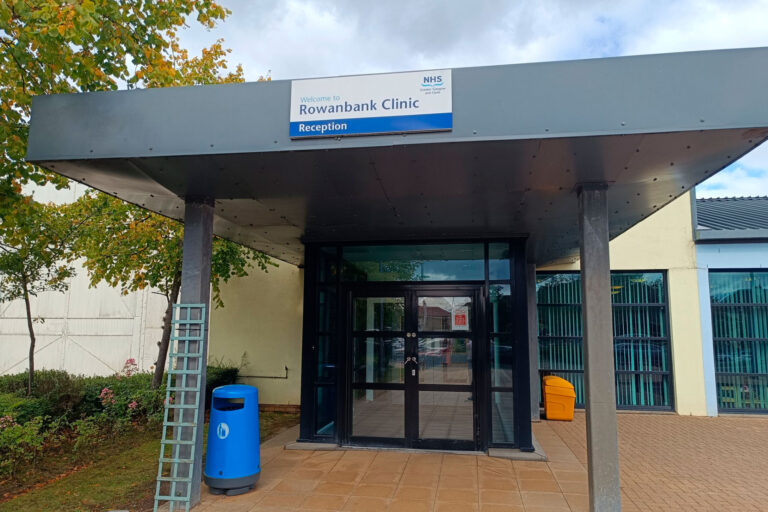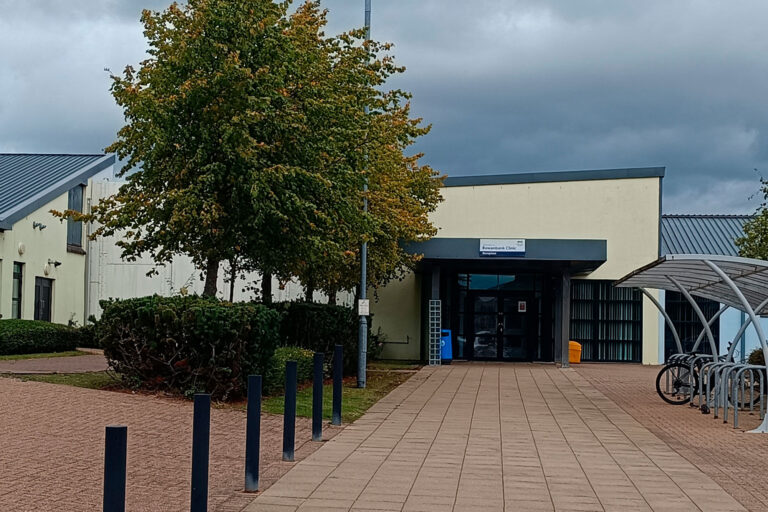


Circles Network Advocacy Glasgow operate in the forensic wards within Rowanbank Clinic and Leverndale Hospital and provide community-based advocacy for up to three months after people have been discharged.

A key part of the forensic system, our Glasgow Advocacy has a very clear focus supporting those who have been passed onto us as their local advocacy partner from the criminal justice system.
Rowanbank Clinic is a medium secure facility, where as Leverndale Hospital is a low secure facility. Often, people are transferred in from a high secure state hospital, mainly within Scotland. Detained under the Mental Health Act.
Instead of referrals we do a ward drop-in, where introductions and new admissions are made. People have the right to use our services but they don’t have it – it’s their choice. Transfers are made into the ward either from a high secure facility or direct from prison due to deterioration of their health.
We support individuals within Rowanbank Clinic, located in the Springburn area of Glasgow.

We support individuals within Rowanbank Clinic, located in the Springburn area of Glasgow. Rowanbank is a medium secure forensic mental health hospital and is also the national medium secure service for individuals with learning disabilities.
We also provide advocacy to individuals within the Forensic wards at Leverndale hospital, a low secure mental health clinic.
These individuals are detained under the Mental Health (Care and Treatment) (Scotland) Act 2003 and the Criminal Procedure (Scotland) Act 1995.
To have a say in, and about, the services they receive.
We are inclusive in our approach and support people from all backgrounds, and who are prisoners receiving health care under the Mental Health Act 2003 for Care & Treatment in Scotland.
Our advocacy provision may include but is not limited to:
Positive experiences of Circles Network Advocacy in Glasgow.




The following dropdown contains links to Glasgow Advocacy resources.
This may include print, audio and video content that can be viewed or downloaded in a new window.
Opening Hours
Monday to Friday
9am – 5pm
Access our Advocacy services, reach out to Megan today.
megan.meek@circlesnetwork.org.uk
Please leave a message if you’re unable to get through on the phone, we will call you back, our voicemail is checked daily.
